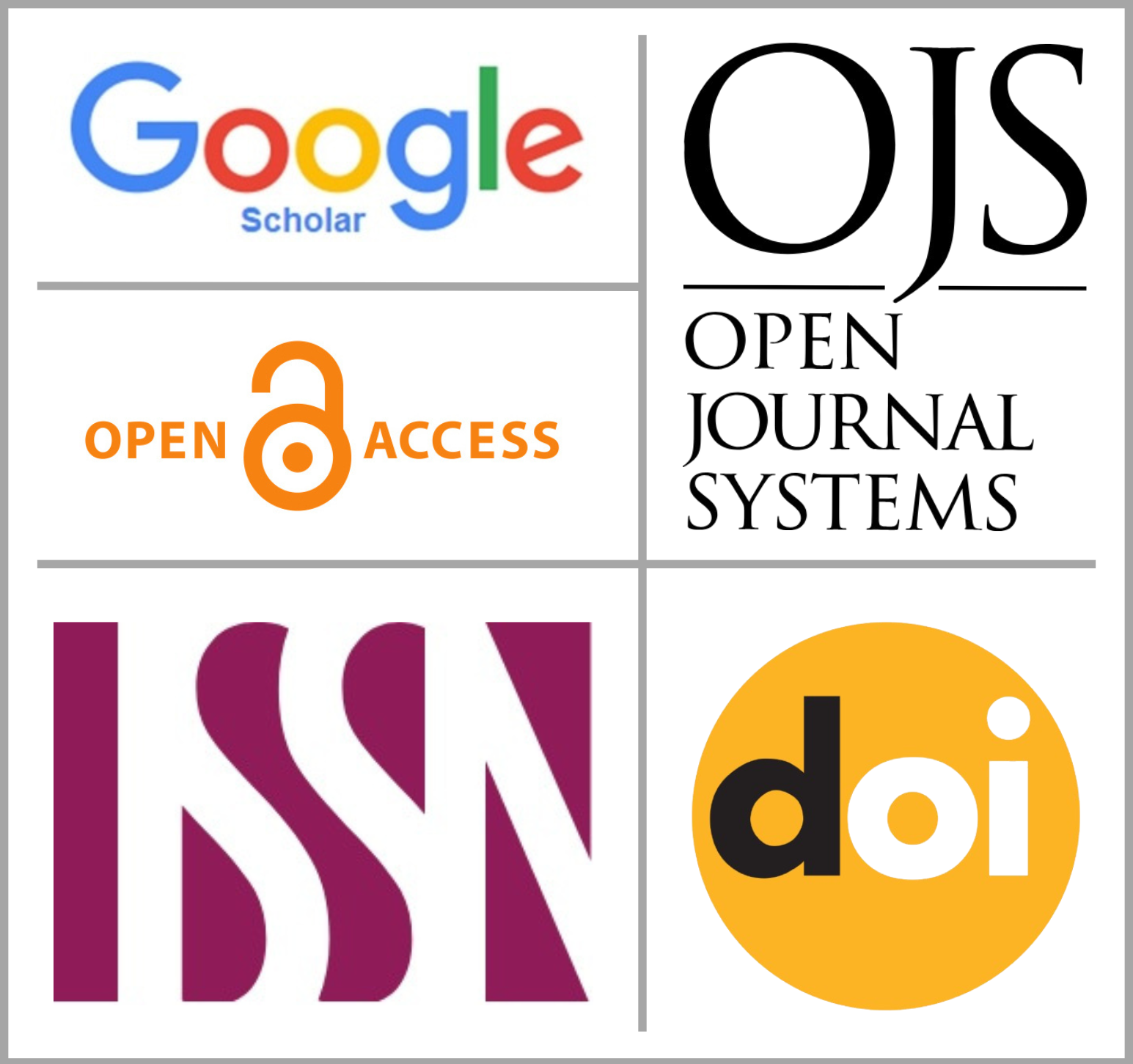Journal Information
Name of Journal: International Journal of Business, Management & Financial Insight
Journal Frequency: Quarterly
ISSN E: 3105-5591
ISSN P: 3105-5583
Language: English
Publisher: Scholar Club (Private) Limited
Review Type: Peer-Reviewed
Area of Publication: Business, Management and Finance
International Journal of Business, Management & Financial Insight






